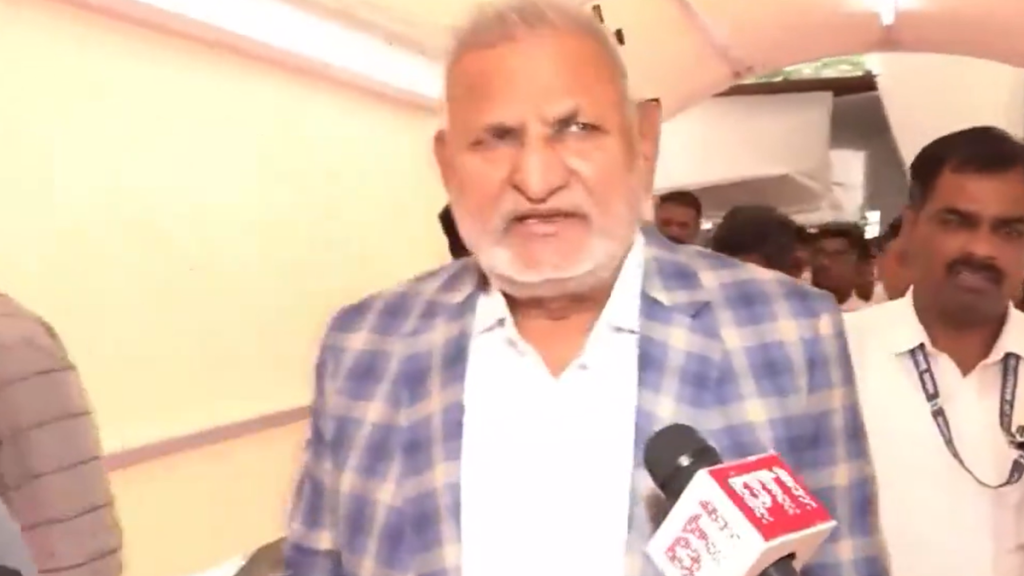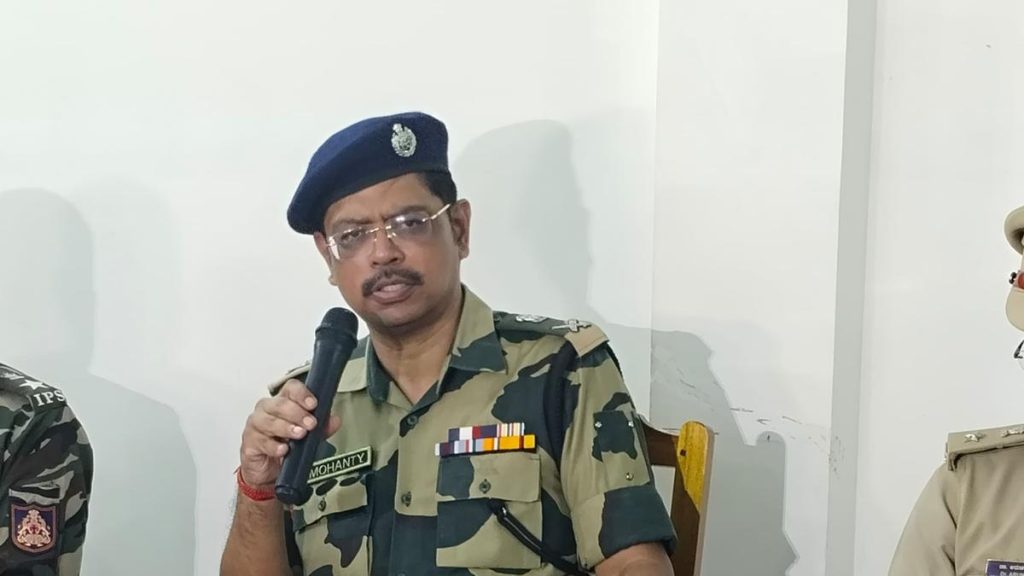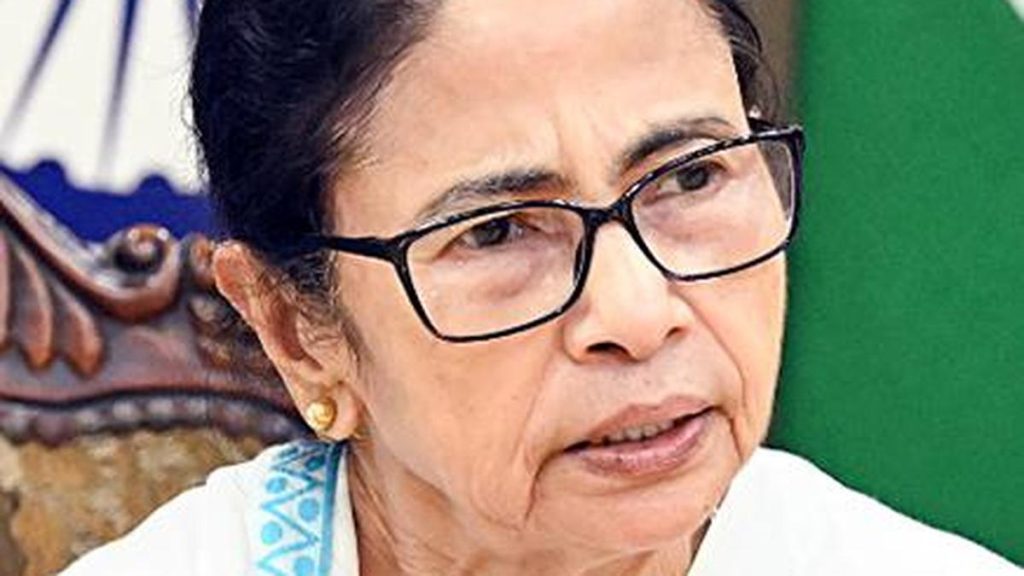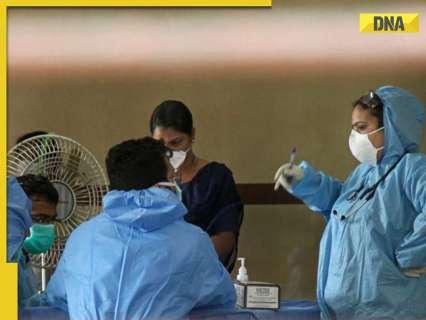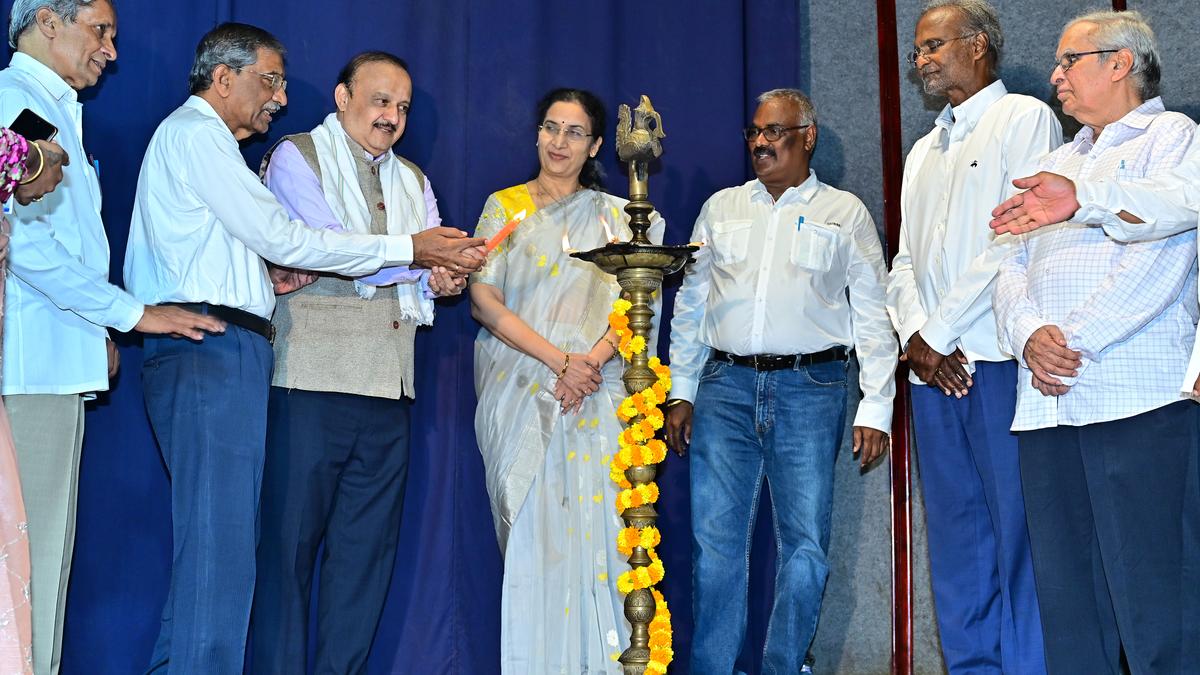Now Reading: Call for Stronger Safeguards to Protect Rights of Trafficking and Bonded Labour Victims
-
01
Call for Stronger Safeguards to Protect Rights of Trafficking and Bonded Labour Victims
Call for Stronger Safeguards to Protect Rights of Trafficking and Bonded Labour Victims
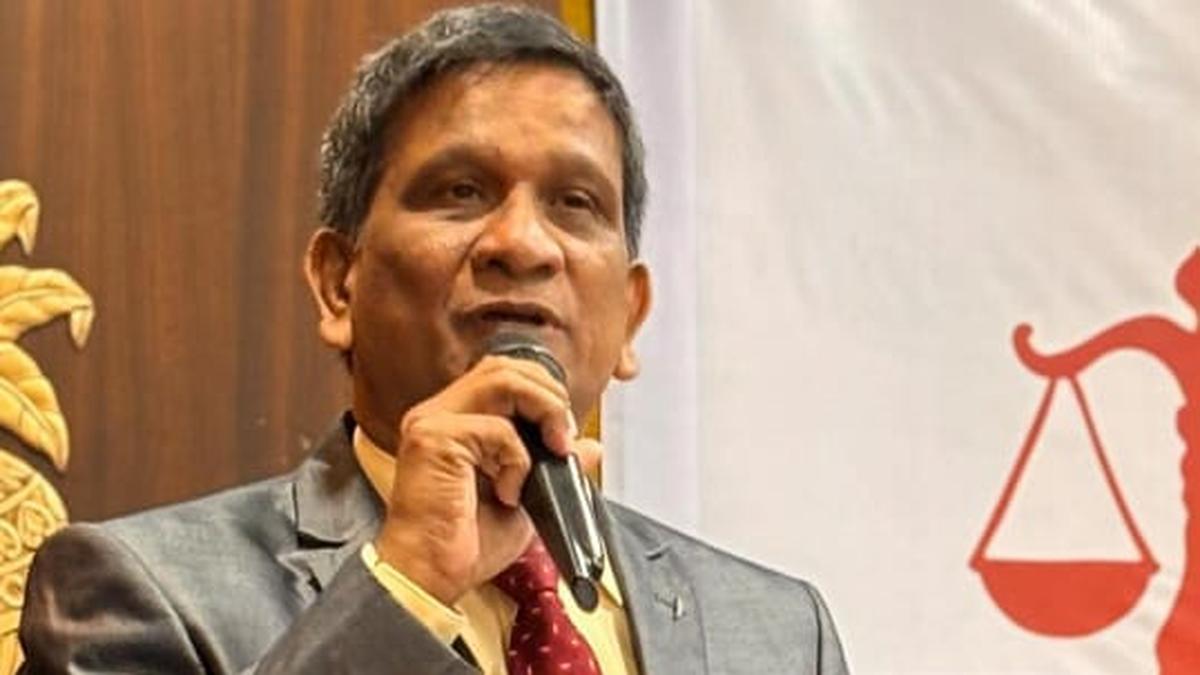
Quick Summary
- Event: Zonal workshop on Human Trafficking and Bonded Labour System (Abolition) Act of 1976 held in Vijayawada on Saturday.
- Key Speaker: Director of Prosecution B. Ramakoteswara Rao emphasized the need for a robust legal system to uphold victims’ rights and called for empathy-driven approaches from prosecutors.
- Focus Areas: Highlighting gaps in evidence to expedite legal processes, achieving justice through victim-centered legal systems, and ensuring stringent punishment for offenders while facilitating rehabilitation of victims.
- Collaborators: The event was jointly organized by the Directorate of Prosecution and International Justice Mission (IJM).
- Remarks from IJM: state Program Director Clement David underscored the role of prosecutors as agents of social change with a focus on humanitarian perspectives.
- Other Attendees: Deputy Directors of Prosecution from Krishna, Guntur, and West Godavari districts; Jeevanjwala Association general secretary K. Thenmozhi.
Indian Opinion Analysis
The workshop reflects heightened awareness toward addressing human trafficking and bonded labor issues within India’s legal framework. By emphasizing victim-centered approaches, there is an effort to balance punitive measures against offenders with rehabilitation support for survivors-a move that could enhance public trust in judicial processes related to marginalized communities.
Streamlining evidence collection was rightly noted as crucial to reducing delays in justice delivery, especially given India’s complex judicial landscape concerning human exploitation cases.Collaboration between government agencies like the Directorate of Prosecution and organizations such as IJM suggests a potential model for multi-stakeholder approach tackling systemic challenges rooted in exploitation.
Positioning prosecutors as key actors advocating social change highlights their pivotal role beyond just processing cases-effectively making them enablers toward dismantling exploitative systems while shaping societal attitudes around labor rights.
For further reading: Click Here.


